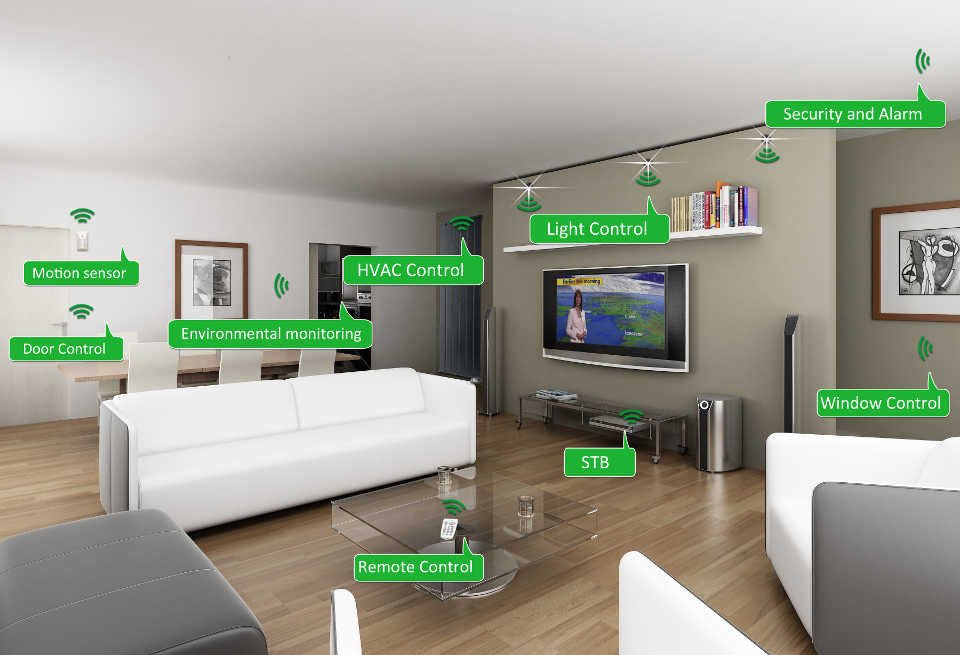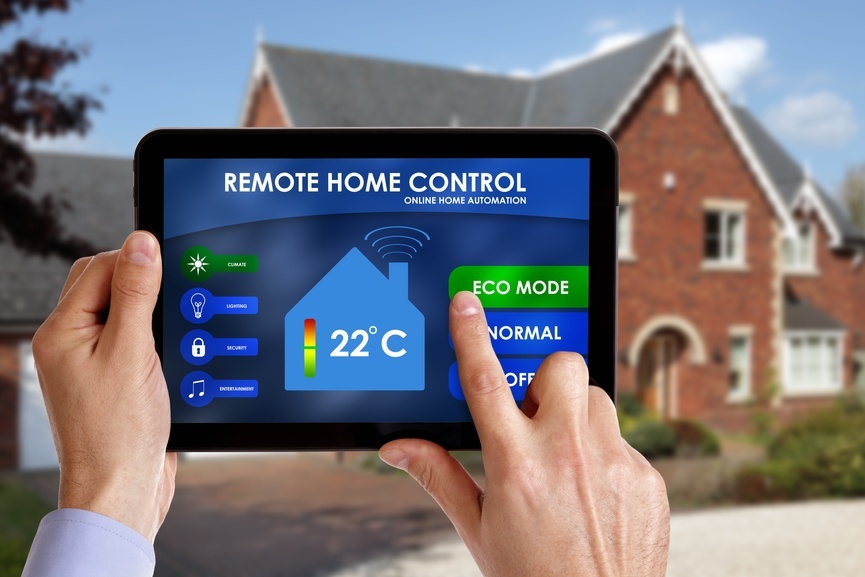With the rise of smart home technology, our daily lives have become more convenient than ever. These innovative devices promise to simplify tasks, enhance security, and improve our quality of life. However, as we embrace these technologies, it’s crucial to consider the ethical concerns in smart home tech. Are we ready to address these challenges?

Introduction to Smart Home Technology
Smart home technology refers to a variety of devices and systems that automate household functions. From adjusting thermostats to controlling lighting and security systems, these devices use the internet to interact and perform various tasks.
The Promises of Smart Home Tech
Smart home technology offers numerous benefits, such as increased convenience, energy efficiency, and enhanced security. By automating routine tasks, homeowners can save time and energy, making life more manageable and enjoyable.
Convenience and Efficiency
Smart devices can help automate daily tasks, allowing homeowners to focus on more important things. For example, smart thermostats can learn your preferences and adjust settings accordingly, while automated cleaning systems keep your home tidy with minimal effort. Learn more about automated cleaning systems.
Enhanced Security
Smart home technology also offers improved security features, such as real-time monitoring and remote access. These innovations provide peace of mind for homeowners who want to protect their property.
Privacy Concerns in Smart Homes
One of the most significant ethical concerns in smart home tech is privacy. As these devices collect vast amounts of data, it’s essential to understand how this information is used and who has access to it.
Data Collection and Usage
Smart devices constantly gather data to function optimally. However, there are concerns about how this data is stored and used by companies. The risk of data breaches and unauthorized access to personal information poses a significant threat to users’ privacy.
User Consent and Transparency
Ensuring that users are informed about the data collected and how it’s used is crucial. Companies must be transparent about their data policies and obtain user consent before collecting any information.
Security Risks in Smart Home Tech
Another critical concern is the security of smart home devices. As these devices become more interconnected, they can become targets for cyberattacks.
Vulnerability to Hacking
Smart home devices can be vulnerable to hacking, allowing cybercriminals to gain access to personal information or even control devices remotely. It’s essential to implement robust security measures to protect against these threats. Discover more about fixing smart home glitches.
Network Security
Ensuring that your smart home network is secure is vital. This includes using strong passwords, regularly updating software, and employing encryption to protect data.
Ethical Concerns in Data Ownership
Another ethical issue is data ownership. As smart home devices collect and store data, questions arise about who owns this information and how it can be used.
Ownership Rights
Determining who owns the data collected by smart devices is a complex issue. Users should have control over their information and be able to decide how it’s used.
Data Sharing and Third Parties
Many companies share data with third parties, raising concerns about privacy and data security. It’s essential for users to understand how their data is shared and ensure that their information is protected.
Balancing Innovation and Ethics
As smart home technology continues to evolve, it’s crucial to balance innovation with ethical considerations. This involves addressing privacy, security, and data ownership concerns while promoting the benefits of these technologies.
Regulatory Frameworks
Governments and regulatory bodies play a vital role in ensuring that smart home technology is developed and used ethically. Implementing guidelines and standards can help protect users and promote responsible innovation.
Industry Best Practices
Companies must adopt best practices to address ethical concerns in smart home tech. This includes prioritizing user privacy, implementing robust security measures, and being transparent about data usage.
The Future of Smart Home Technology
The future of smart home technology is promising, with new innovations emerging every day. By addressing ethical concerns, we can ensure that these technologies continue to improve our lives while safeguarding our privacy and security.
Emerging Trends
As smart home technology evolves, new trends and innovations are expected to emerge. These advancements will continue to enhance our lives, provided that ethical concerns are addressed.
Collaborative Efforts
Collaboration between governments, companies, and users is essential to address ethical concerns in smart home tech. By working together, we can create a future where these technologies benefit everyone.
Conclusion
While smart home technology offers numerous benefits, it’s crucial to address the ethical concerns in smart home tech. By prioritizing privacy, security, and data ownership, we can ensure that these innovations continue to enhance our lives while protecting our personal information.

FAQs
1. What are the main ethical concerns in smart home tech?
The main ethical concerns include privacy, security, and data ownership. Ensuring that users’ personal information is protected and that data is used responsibly is essential.
2. How can users protect their privacy in smart homes?
Users can protect their privacy by using strong passwords, regularly updating software, and being cautious about sharing personal information. It’s also important to read and understand companies’ data policies.
3. What role do governments play in regulating smart home technology?
Governments play a crucial role in establishing guidelines and standards to ensure that smart home technology is developed and used ethically. By implementing regulations, they can help protect users’ privacy and security.
For more insights, visit this article on smart home automation.






